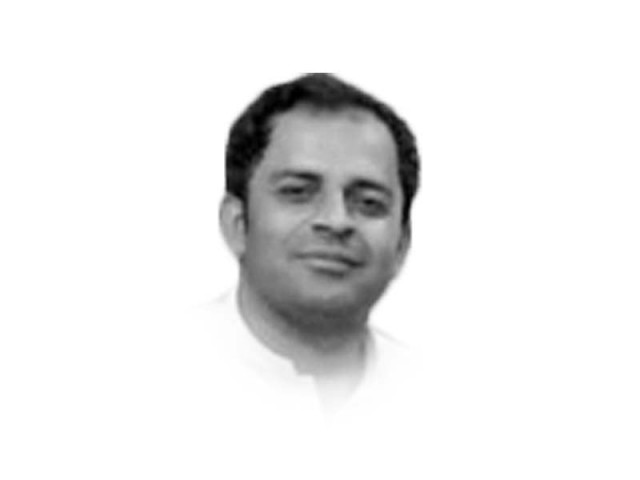A Fulbright future?
Fulbright and UGRAD provide sources for candidates looking for educational standards along with financial support.

Humans possess a natural or learned inclination to maximise their life experiences. Everyone wants to capitalise on their time and potential and utilise the same for themselves and their social wellbeing. These desires tend to translate themselves into streams of dreaming, setting goals, taking efforts, realising them and finally living them in one form or another. Transforming aspirations, however, is easier said than done for many, particularly in a country like ours. So is the case with most of the youth in the country.
Of all the socioeconomic constraints coming into play, the low standard of education, financial factors, and dearth of firsthand guidance restrain youth the most from fully realising their potential. However, various academic scholarships offered to the aspiring candidates in the institutes of global standing revive hope of compensating financial constraints and the educational quest. To this end, Fulbright and UGRAD provide sources of promising hope for candidates looking for educational standards along with financial support.
Though the two opportunities might be worth availing, earning them is not an easy undertaking — for many youth. Nevertheless, proper guidance built on firsthand personal experiences can help increase the prospectus of prospective students. Different sources provide information on the process and requirements for securing lucrative educational opportunities along with financial grants. The work I found to be promising is a book titled My Fulbright and UGRAD.
Authored by Dr Muhammad Ali Falak, the book provides firsthand, comprehensive and precise guidance on the grant of scholarships. As the author has acquired his academic qualifications from the University of Cambridge, the University of Engineering and Technology, the University of Tokyo and Texas A&M University in the USA — all through scholarships — the book contains an authentic account of making it to Fulbright and UGRAD. His diverse educational background and wide international exposure have introduced him to different systems and equipped him with the art of winning grants.
Originally published in the US, it comes from a three-time fully-funded fellowship winner and an author. The book includes more than 50 draft documents from Fulbright and UGRAD applicants, which the author has analysed in the past. It provides expert analysis of original draft personal statements, checklists, pro-tips, quotes from alumni and advice on applying to the Fulbright Student Program, UGRAD, and more.
Moreover, it offers insights from former application readers, sample application essays and practical strategies for maximising the chances of potential candidates as Fulbrighters. It discusses the dos and don’ts of the application process. Additionally, it’s a book of self-help and motivation for students. Each personal statement included in this book reflects the sheer hardwork and life stories of individuals who have received the world’s best scholarships and how they presented their stories in their applications.
My Fulbright & UGRAD seems not just a book but a vision of someone who believes that opportunities should be accessible to people regardless of their socioeconomic status. The book focuses on helping students achieve success because, when applying for the world’s top scholarships, every word matters. It, therefore, not only guides readers in preparing scholarship applications but also explains what can make or break an application. The author’s words are not merely crafted by his mind but are the essence of his personal experience, too.
The interesting aspect of the book is that, in light of the financial challenges facing the country and the students, the author suggests a hybrid approach to academia and finance: the aspiring students should finance themselves through part-time jobs along with securing scholarships abroad. This way, aspirants not only can earn academic qualifications at the world’s leading educational institutes but also finance their personal and family expenditures. After successfully completing the academic journey in the world’s reputed institutions, the scholars and students would be better equipped to contribute their due (if allowed) to the national development.
Published in The Express Tribune, November 19th, 2023.
Like Opinion & Editorial on Facebook, follow @ETOpEd on Twitter to receive all updates on all our daily pieces.















COMMENTS
Comments are moderated and generally will be posted if they are on-topic and not abusive.
For more information, please see our Comments FAQ